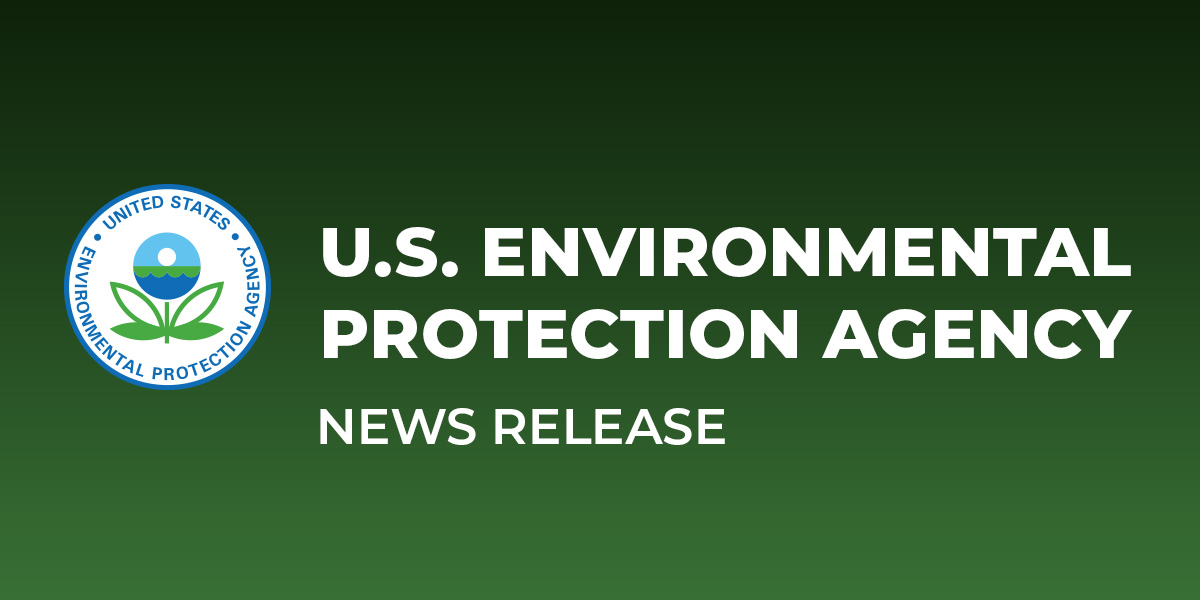EPA's Clean Ports Program: Revolutionizing U.S. Ports with Zero-Emission Technology
Key Ideas
- The U.S. EPA's Clean Ports Program will fund 55 projects nationwide to reduce diesel air pollution at ports and promote zero-emission technologies, including hydrogen-powered equipment.
- The initiative, part of the Biden-Harris Administration's agenda, will receive nearly $1.8 million for climate and air quality planning at the Port of Charleston in South Carolina.
- The program aims to eliminate over 3 million metric tons of carbon pollution, equivalent to the energy use of 391,220 homes for a year, by investing in clean, zero-emission freight technologies and infrastructure.
- In addition to environmental benefits, the program will create high-quality and union jobs in the clean energy sector, enhancing economic competitiveness and positioning the U.S. as a global leader in clean technologies.
The U.S. Environmental Protection Agency (EPA) has announced the selection of the South Carolina State Port Authority to receive funding through the Clean Ports Program as part of the Biden-Harris Administration's Investing in America agenda. The grant of nearly $1.8 million will support climate and air quality planning at the Port of Charleston. This funding will be used to update emissions inventories, analyze emissions reduction strategies, including the feasibility of state-wide hydrogen equipment and fueling, and assess workforce needs. Additionally, a community port advisory committee will be established to address environmental justice concerns.
The Clean Ports Program, funded by the Inflation Reduction Act, aims to combat climate change, reduce diesel air pollution at U.S. ports and surrounding communities, and create good-paying and union jobs. Through investments in clean, zero-emission freight and ferry technologies, the program seeks to eliminate over 3 million metric tons of carbon pollution. The initiative aligns with the national goal for a zero-emission freight sector and supports the Administration's transportation decarbonization objectives.
Selected projects under this program will cover various human-operated and maintained equipment at ports, with a focus on battery-electric and hydrogen-powered technologies. The investments will support the purchase of over 1,500 units of cargo handling equipment, 1,000 drayage trucks, 10 locomotives, and 20 vessels, as well as charging and fueling infrastructure for hydrogen vehicles. The program estimates substantial reductions in CO2, NOx, and PM2.5 emissions in the first decade of operation.
Beyond environmental benefits, the Clean Ports Program will play a significant role in job creation and economic competitiveness. By creating high-quality jobs in the clean energy sector and fostering innovation in zero-emissions technology, the initiative aims to position the U.S. as a global leader in clean technologies. Additionally, the program aligns with President Biden's Justice40 Initiative, focusing on delivering benefits to disadvantaged communities disproportionately affected by pollution, while promoting environmental sustainability and job growth.
Topics
Investing
Clean Energy
Climate Change
Job Creation
Economic Competitiveness
Environmental Justice
Port Infrastructure
Latest News
